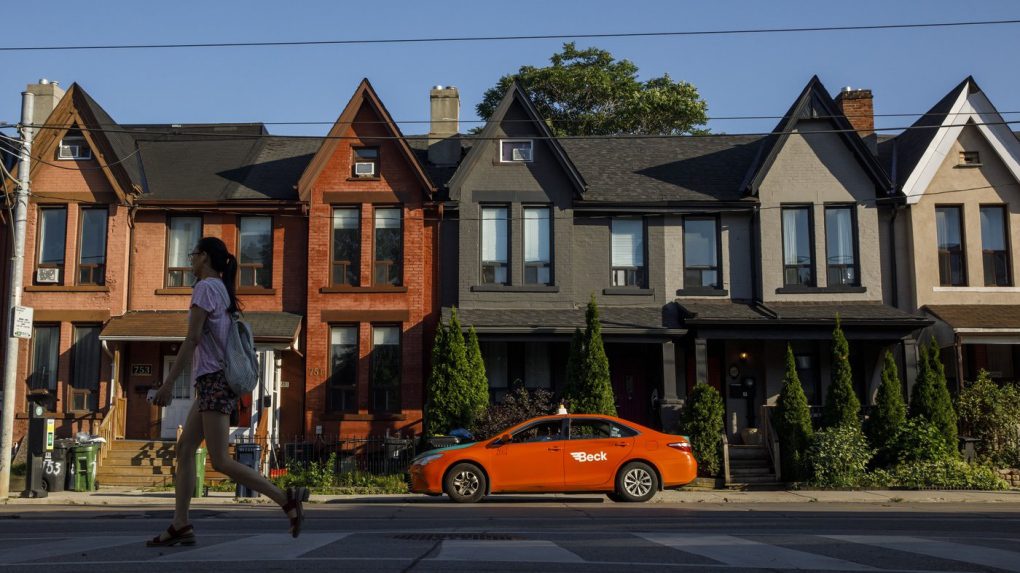
In 2022, Toronto introduced a vacant home tax, intended to increase the supply of housing by discouraging empty homes. Effective January 1, 2024, the vacant home tax increased from 1% to 3%.
The Vacant Home Tax is calculated based on the Current Value Assessment and occupancy of the previous tax year, meaning that homes deemed vacant in 2023 will pay 1% in 2024, and the 3% tax will apply to homes that are vacant in 2024 and be payable in 2025.
Every homeowner in the city of Toronto must declare the occupancy of their home by February 29, 2024 – if you fail to do so, your home will be deemed vacant and the vacant tax will be levied. You can complete your 2023 occupancy declaration here.
How is a Home Considered Vacant?
A home is considered vacant if it has been unoccupied for more than six months during the previous calendar year and is not the resident’s principal residence. However, some exemptions apply, including the owner’s death, if the homeowner is under medical care, or the home is undergoing renovation.
The tax would also not apply to ‘snowbirds’ — people who spend winter months in warmer climates — if their Toronto property is their primary home.
How the New Tax Works
All property owners will be required to self-declare the status of their residential home(s) each year. This will determine the home’s occupancy status and whether the vacant home tax is payable. Nothing further is required of property owners living in their own homes.
If a property owner declares their home(s) vacant, they will be required to pay a tax at 1% of their home’s CVA.
The tax is based on the property status from the year before -– meaning if the home is vacant in 2024, the tax will become payable in 2025.
According to the City, the prime objective of the tax is to reduce the prevalence of residential properties left vacant that might otherwise be used to increase housing availability and affordability.
The tax could create more rental homes in a short period. Still, as a secondary outcome, the tax imposed on those who do not choose to occupy their homes provides some revenue to the City, that net of costs, could fund additional affordable housing initiatives.
However, the desired outcome is not to have tax collected, but rather have the vacant properties used as someone’s home. The City says the desired effect of the tax is that homeowners either continue to occupy their homes or change their behaviour of leaving the property vacant, as the case may be, to avoid incurring the tax.

TRB Education Hub
Get the real estate resources you need to succeed. Visit our education hub for market insights, guides, podcasts and more.




